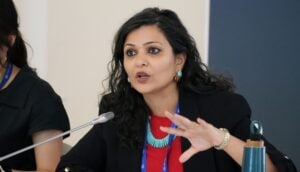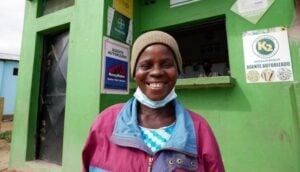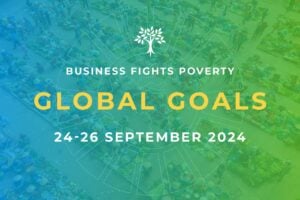In early 2009, a global network of 50 researchers coordinated by the Overseas Development Institute (ODI) embarked on a unique monitoring study on the economic and social impact of the global financial crisis in 10 developing countries. They revealed a clear impact by the time the G20 leaders met in London in April 2009, with the worst yet to come. Research teams in 11 countries have now updated the results, see: Bangladesh, Bolivia, Cambodia, Democratic Republic of Congo (DRC), Ethiopia, Kenya, Mozambique, Sudan, Tanzania, Uganda, Zambia.
To download the synthesis study and underlying country case studies or to read a more detailed summary, see the ODI blog which is the basis of the summary below.
Ten key points emerge from a synthesis of the current monitoring updates:
- Portfolio flows were hit hard in late 2008 and early 2009, confirming that there was global financial contagion with a universal flight to safety. However, there were signs of a recovery after the second quarter of 2009.
- Banking stresses were also seen in low income countries (LICs) that were expected to be ‘immune’ to the vagaries of the global banking climate.
- Foreign Direct Investment (FDI) – often seen as resilient to crises – fell dramatically in several countries.
- Reserves in some countries became dangerously low.
- The impact on growth was varied.
- There were trade declines in many sectors.
- The greatest impact on employment was seen in the garment and mining sectors.
- The crisis hit remittances in the second half of 2008 (Bolivia, Kenya, Uganda) and the beginning of 2009 (Bangladesh, Bolivia, Ethiopia).
- With a few exceptions, including Cambodia and DRC, the impact has been manageable at the macro level.
- Emerging markets provided a cushion for low income countries during the crisis.
There are six key lessons to be drawn from the study:
- While the effects of the crisis may be manageable, our calculations on the basis of recent International Monetary Fund (IMF) data and forecasts, suggest that GDP in sub-Saharan African alone will have fallen 7% ($84 billion) by the end of 2010 compared with pre-crisis forecasts.
- The crisis has exposed two myths on financial flows. First, that developing economies were not integrated into global economic and financial systems. In fact, banking and stock market collapses did carry the crisis into the developing world. Second, that FDI is always resilient in a crisis. As the ODI study has found, FDI fell significantly.
- Economic and financial openness has led to increased exposure to shocks but this not always meant increased vulnerability. Bolivia and Tanzania, for example, have become more resilient through good macroeconomic management, including using mineral resources to build up reserves, and resilience.
- Protectionism did not really affect the case study countries, and trade finance was not seen as a binding constraint to trade, contrary to statements made early in the crisis.
- Flexible institutions proved their worth. Task forces in Bangladesh, Mauritius and Tanzania, for example, generated effective policy responses.
- Policy responses in many country case studies were well designed, using fiscal, financial and monetary policies to address economic management and there were no major policy reversals. In fact, so-called ‘doing business’ reforms continued.
Taken together, the findings and lessons drawn from the study confirm that countries need to promote crisis-resilient growth, if they are to be better prepared for shocks in the future. Good macroeconomic management today means better policy responses tomorrow, if and when disaster strikes. But resilience is about more than good macro-economic management. It includes promoting responsive institutions and pursuing active policies towards diversification.
This is an abridge version of an ODI blog.









